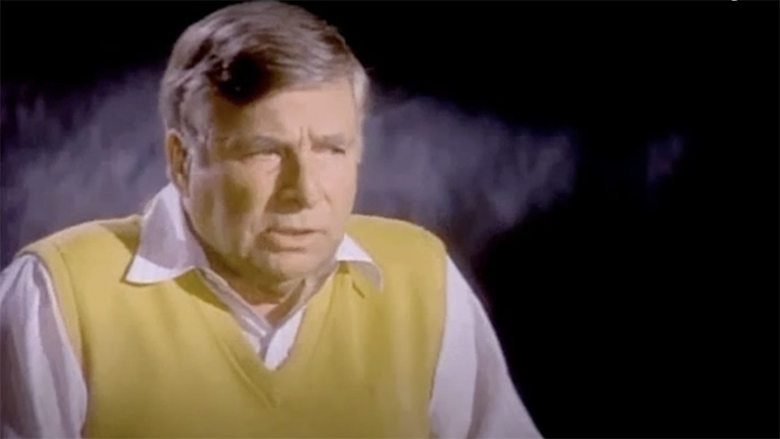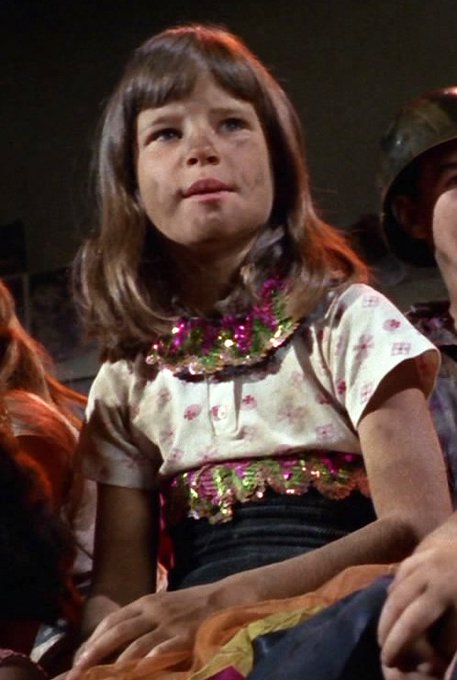
YouTube Series creator Gene Roddenberry.
When Star Trek’s creator, Gene Roddenberry, died in 1991, he left behind a sizeable estate. According to Celebrity Net Worth, Roddenberry had amassed an estimated $500 million fortune by the time he passed. That estimate includes money generated from licensing fees from Star Trek properties made after Roddenberry’s death.
Because of the size of his estate, Roddenberry was very specific about how it would be distributed after his death. According to an article on the case in the University of Michigan’s Law Review, Roddenberry’s will stated that the majority of his fortune would be placed in a trust for his second wife, Majel Barrett. Each of his children would receive a payment of $500,000 after the estate was settled and a portion of Barrett’s trust after her death.
Roddenberry also included an uncommon but not unique, clause in his will. Called an in terrorem clause, it basically stated that anyone who contested the terms of the will, in any way, would forfeit their inheritance. Apparently, he anticipated conflict over his estate, so he added the clause in the hopes that it would deter his family from engaging in a complicated legal battle.
Unfortunately, the clause didn’t prevent such disputes. In fact, it led to the disinheritance of one of his daughters.
Dawn Roddenberry Chose to Contest her Father’s Will
Dawn Roddenberry was Gene’s daughter from his first marriage to Eileen Roddenberry. Despite the clause, Roddenberry chose to move forward with a legal challenge to her father’s will. She believed that Barrett, her stepmother, had manipulated her father into leaving her the majority of his fortune to her. Additionally, she accused Barrett of fraud. The Los Angeles Times wrote that Roddenberry also believed that her father was not mentally fit when he agreed to the terms of the will.
Roddenberry started legal proceedings against Barrett, hoping to get what she believed to be a fair share of her father’s estate. According to the University of Michigan’s Law Review article, Roddenberry spent two years gathering evidence, taking over a dozen depositions and documenting the circumstances surrounding the drafting of her father’s will. However, Roddenberry decided against taking the case to court. In fact, she dismissed the case the day she was scheduled to appear in court.
Barrett Asked the Court to Enforce the No Contest Clause

Ethan Miller/Getty Images
Even though Roddenberry dropped her case, Barrett filed a lawsuit asking the court to enforce the in terrorem clause in her husband’s will. Barrett asserted that Roddenberry’s legal proceedings against her counted as disputing the will, which would trigger the clause. Roddenberry disagreed, as the Los Angeles Times reported. She asserted that since she had never challenged her father’s will in court, the clause did not apply.
Unfortunately for Roddenberry, a California judge, Judge Shimer, ruled in favor of Barrett. He decided that Roddenberry’s legal battle with Barrett did count as contesting the terms of her father’s will, which the in terrorem clause strictly forbid. However, as the article in the University of Michigan’s Law Review pointed out, Shimer stated outright that he didn’t agree with the clause in this case.
He stated that there was evidence that Gene Roddenberry didn’t actually want to disinherit his children if they contested the will. Shimer believed that Roddenberry put the language in the will without entirely understanding its impacts. However, Shimer made it clear that the law required him to rule in favor of Barrett regardless of his disagreement.
Roddenberry appealed the decision, and the case went to the California Court of Appeals. In 1996, that court upheld Judge Shimer’s decision. Their ruling ended the legal battle between Barrett and Roddenberry and resulted in Roddenberry’s disinheritance. She did not receive the $500,000 payment and lost all claim to her portion of Barrett’s trust, from which she could have inherited over $100 million after Barrett’s death.
Roddenberry’s other daughter from his first marriage, Darleen Anita Roddenberry-Bach, died in 1995 before the disputes over her father’s estate were resolved. So, after Barrett died in 2008, the entirety of Roddenberry’s fortune passed on to his son with Barrett, Rod Roddenberry.
READ NEXT: How Did Majel Barrett Die?


Comments
Why Gene Roddenberry’s Daughter Was Disinherited